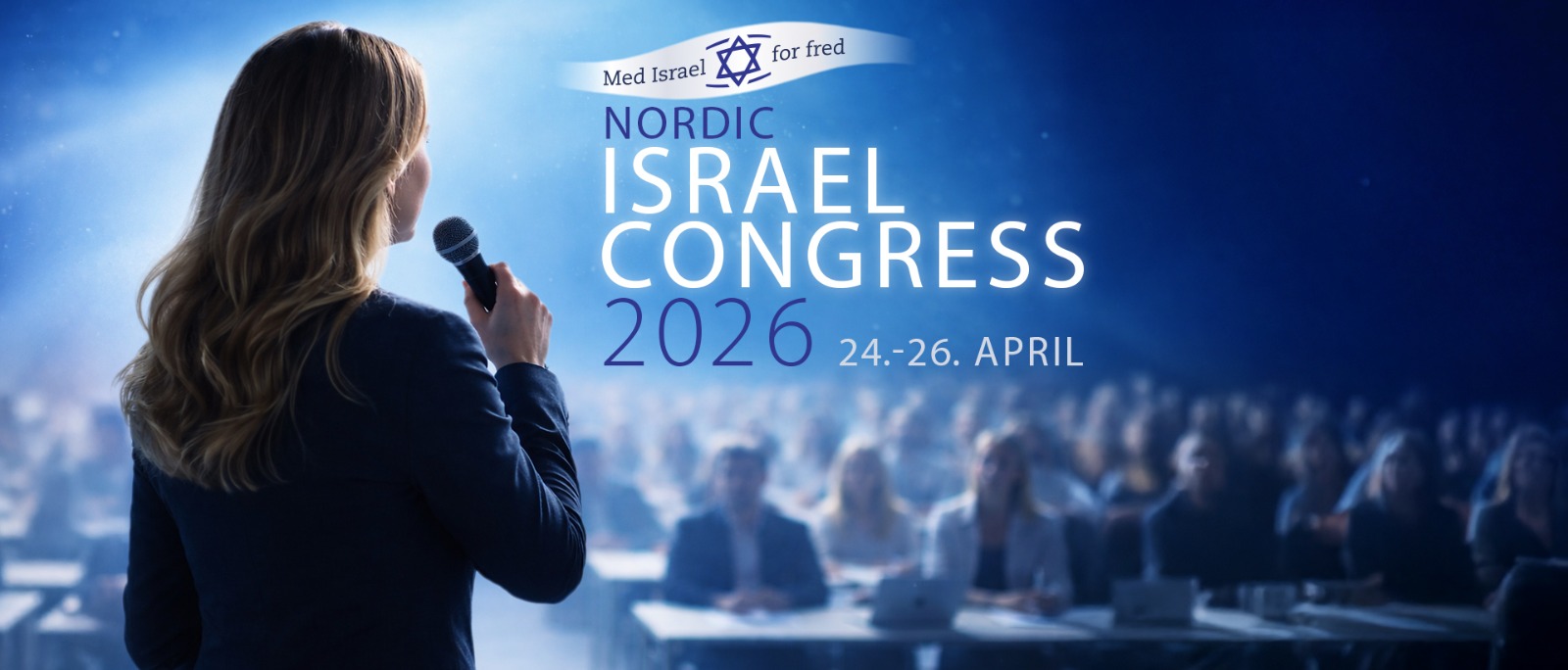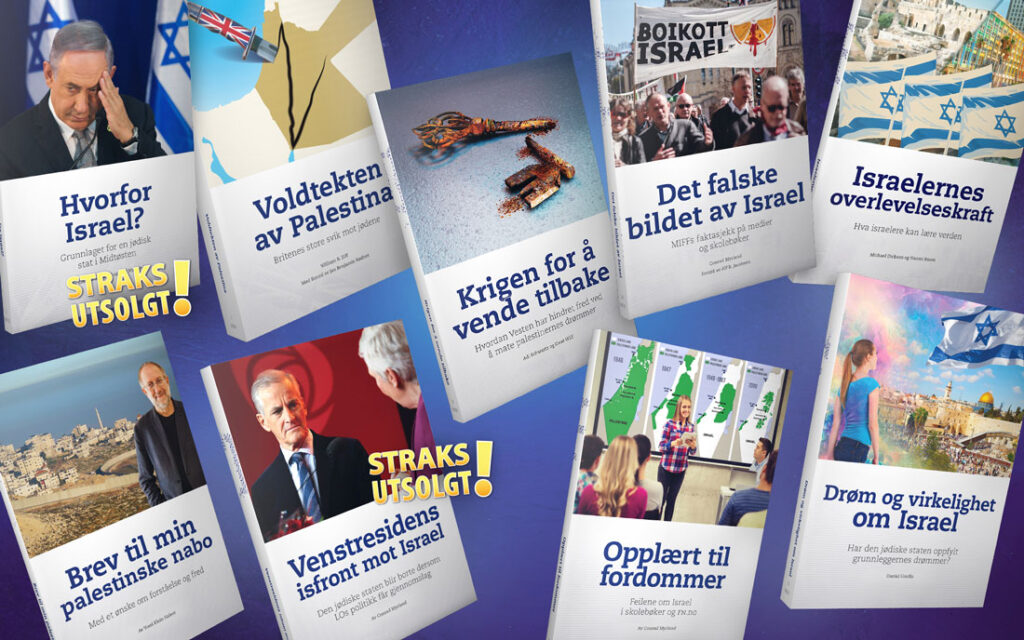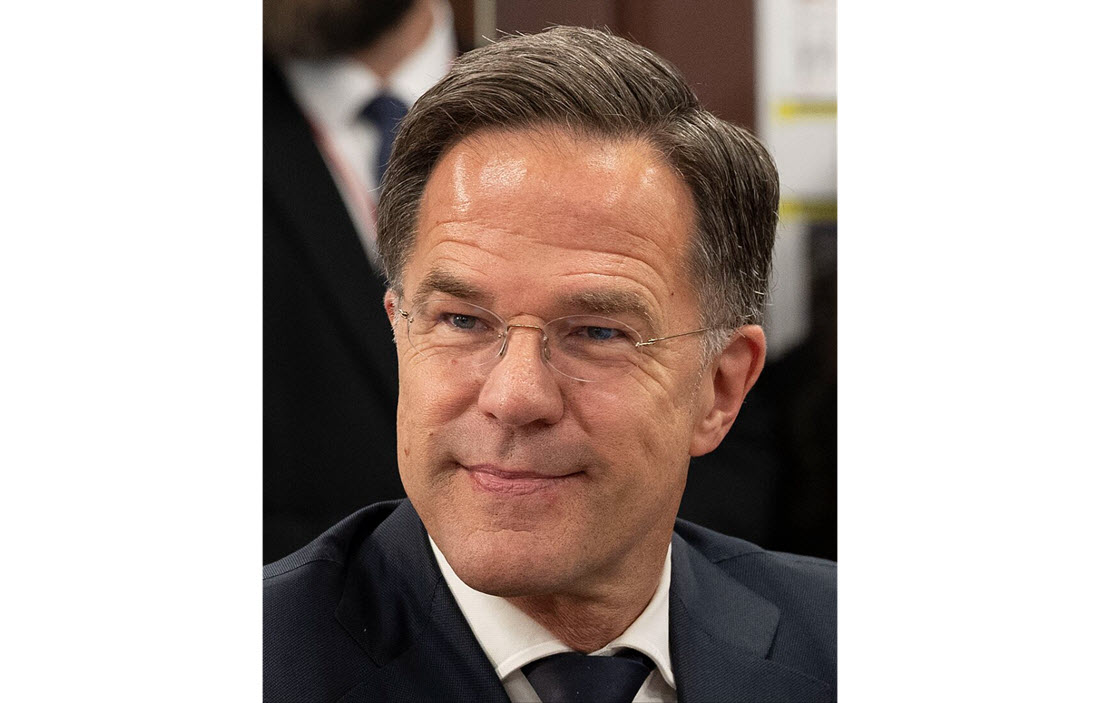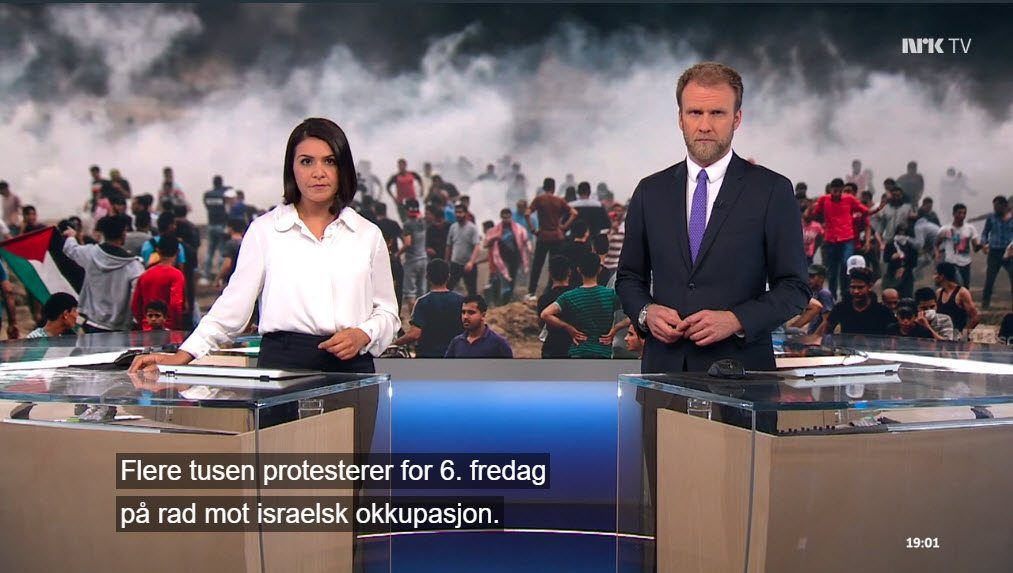128 organisasjoner fra en rekke land, inkludert MIFF, sendte fredag 7. august et brev til Facebooks ledelse hvor vi anbefaler bruk av IHRAs definisjon i kampen mot antisemittisme. For å bekjempe jødehat på sine plattformer, må Facebook og andre sosiale medier være i stand til å gjenkjenne jødehat når de ser det. Nærmere 40 land (inkludert Norge) har allerede støttet eller vedtatt IHRAs arbeidsdefinisjon på antisemittisme, og dette er en definisjon som også Facebook bør ta i bruk, skrev MIFF.
Skriv under på opprop til Facebook
– Å bekjempe antisemittisme er et utrolig viktig tema, og noe som jeg er svært opptatt av, skriver Sheryl Sandberg, operativ sjef i Facebook, i et svar til MIFF. Hun forteller at Facebook har brukt IHRAs arbeidsdefinisjon som et evalueringsverktøy.
– Jøder og israelere blir behandlet som «beskyttede karakteristikker», noe som gjør at vi fjerner angrep mot dem når det blir oppdaget av vår proaktive teknologi eller rapportert til oss av noen av våre mer enn 2,6 milliarder Facebook-brukere rundt omkring i verden, skrier Monika Bickert, visepresident for innholdspolitikk.
Tirsdag 11. august mottok MIFF følgende svar fra Sheryl Sandberg, visedirektør i Facebook.
Conrad,
Thank you for sharing the letter. This is an incredibly important topic, and something I care about deeply – attached please find our response.
I want to reassure you that the IHRA’s working definition of anti-Semitism has been invaluable – both in informing our own approach, and as a point of entry for candid policy discussions with organizations like yours. In some respects, our Community Standards go even further than the IHRA definition – for example, expressions of dismissal. Under our policy, a post saying “I don’t like Jews” would be removed.
We will continue to refine our policy lines as speech and society evolve – and appreciate your help and expertise identifying how attacks change over time. I am copying Monika Bickert (VP Content Policy) and Peter Stern (Director Public Policy) if you’d like to discuss our ongoing efforts in greater detail.
Stay safe and healthy.
My very best,
Sheryl
TEXT OF ATTACHMENT
To the signatories of «Open Letter to Facebook»:
Thank you for your letter and for raising the important issue of how Facebook fights anti-Semitism on our platform. As you noted, Jews today are being targeted and attacked in record numbers, and the harassment and discrimination experienced offline is often equally acute online. We know we have an important role to play in combating hate and bigotry against all people on our services, and we welcome the opportunity to continue learning from you to confront these challenges.
We address the scourge of anti-Semitism through our Community Standards, which outline what is and isn’t allowed on Facebook. I lead the team that writes our Community Standards, and want to underscore our firm commitment to the global struggle to fight anti-Semitism. As part of that effort, the International Holocaust Remembrance Alliance’s (IHRA) working definition of anti-Semitism has been valuable – both in informing our own approach and definitions, and as a point of entry for candid policy discussions with Jewish communities around the world.
Our hate speech policy is central to our efforts to combat anti-Semitism, but our policies also call for the removal of violence and incitement, dangerous organizations and individuals (including organized hate groups), coordinating harm, and bullying and harassment, all of which play an important role in fighting against anti-Semitism on our platform. Moreover, part of our commitment to keeping people safe is the work that we do with law enforcement around the world, ensuring that we are part of protecting people when online calls to violence and hate can turn into real-world violence.
This holistic view of battling anti-Semitism ensures that we don’t look at a series of posts or individual actors, but that we understand online and offline trends to ensure that our teams are continually on top of new and evolving threats to Jews around the world.
We further continue to refine our policy lines as speech and society evolve, regularly consulting with and seeking input from external experts and affected communities to better understand how attacks against different groups manifest and change over time. Our content reviewers need very clear lines that they can fairly and consistently apply when implementing our policies, and our engagement with Jewish organizations has helped us draw those lines.
Jewish organizations are among the stakeholders we engaged in writing an updated policy to remove more implicit hate speech, including stereotypes about Jewish people as a collective controlling the media, economy, or government. The decision to remove this content draws on the spirit — and the text — of the IHRA in ways we found helpful and appropriate to protect against hate and anti-Semitic content. The policy reflects both our commitment to engage and learn from the best sources of knowledge, and our readiness to update our policies in line with our values.
Under our hate speech policies, for example, we strictly prohibit attacks on people based on what we call protected characteristics — race, ethnicity, national origin, religious affiliation, sexual orientation, caste, sex, gender, gender identity, and serious disease or disability. Our definition of attack is expansive and detailed, covering everything from violent and dehumanizing speech to statements of inferiority, expressions of contempt, disgust and dismissal and calls for exclusion or segregation. Indeed, in some respects, our Community Standards go further than the IHRA definition — for example, expressions of dismissal (e.g., “I don’t like Jews”). Under this policy, Jews and Israelis are treated as “protected characteristics” — with the result that we remove attacks against them when identified by our proactive detection technology or reported to us by one of the more than 2.6 billion people who use Facebook around the world.
We appreciate your desire to reach out and discuss these important issues with us and we hope to continue the dialogue with your important organizations.
Sincerely,
Monika Bickert
Vice President, Content Policy













